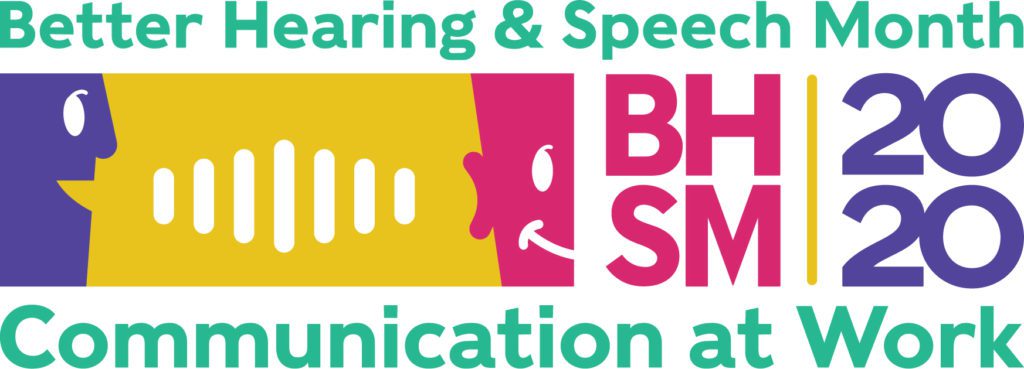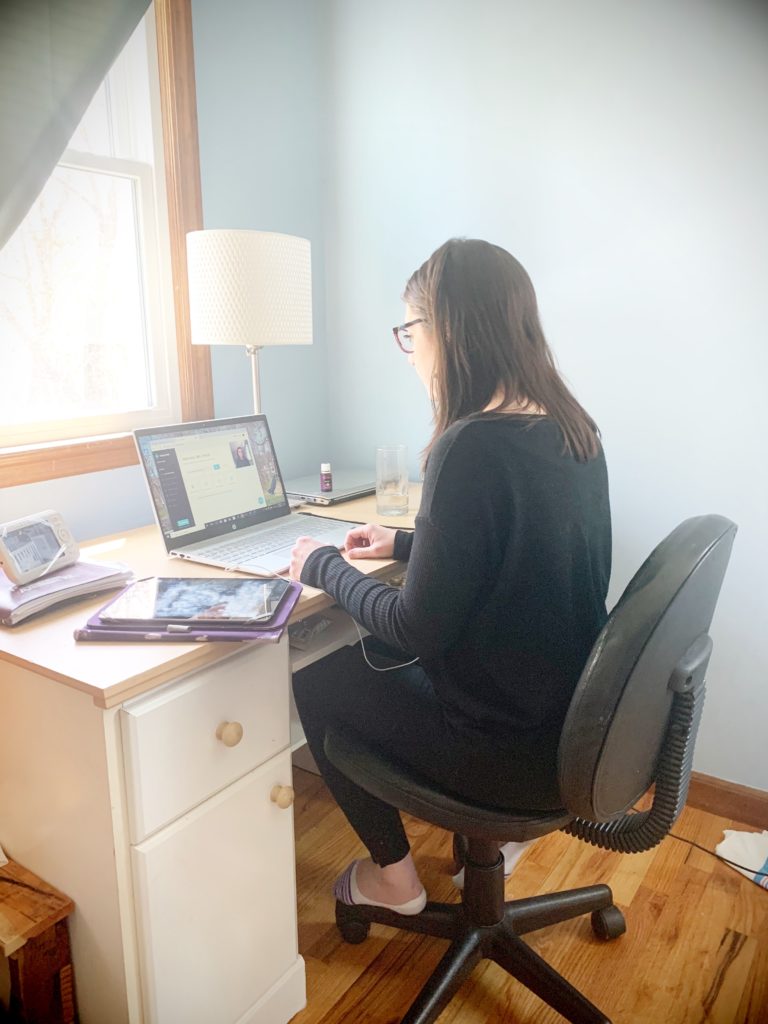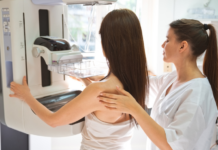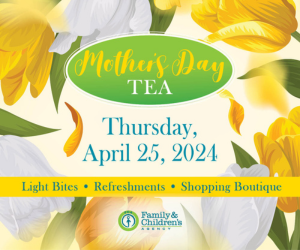If you’ve read my bio or my recent blog post, you know I’m a speech-language pathologist. But what exactly is that? When my mom suggested I should become one way back when I was in high school, I had no clue why that thought even popped into her brain. And then when I found out science was involved (which I was actually really good at in school, I just wasn’t remotely interested), I gave her a big “heck no!” and went on my way.
Little did I know back then as a moody teenager, that I should have realized that my mother was pretty much always right, and I maybe should have listened to her when she first suggested it. But either way, whatever twists and turns I took, about 20 years later, I did become that speech-language pathologist, and my mother was right once again. (I have since learned that she’s right about 99% of the time, so I do a much better job about listening to her nowadays).
With that being said, May is Better Hearing and Speech month! So, in my true high school questioning, I’ll ask the question for you: “What is that?” According to the American Speech-Language-Hearing Association (ASHA), Better Hearing and Speech Month “provides an opportunity to raise awareness about communication disorders and the role of ASHA members in providing life-alternating treatment.”
As a speech-language pathologist, my personal mission is also to provide information and treatment to those with whom I work with. Speech-language pathologists (SLPs) have a wide breadth of knowledge, and also offer diagnosis and treatment for a myriad of issues and disorders. I didn’t realize, even when I began graduate school on a whim (more to come on this in the future), the sheer number of places we can work, populations we can see, and disorders we can treat. As SLPs, we are free to follow our passions because we can work in so many different places. We are so much more than “speech teachers.” (Ick, I hate that term).
SLPs may work in a variety of places, including, but not limited to: hospitals, private clinics, schools, homes (early intervention or adult care), nursing homes, and outpatient rehabilitation facilities. Within these areas, SLPs might treat people with a myriad of speech, medical, or cognitive diseases or disorders. Some of these include articulation, cognitive-communication, social communication, fluency (stuttering), literacy, dysphagia (swallowing and feeding disorders), hearing loss, early intervention, and voice. Click here for a more in-depth overview of what SLPs do and where they work.
I’ve also asked my colleagues and friends (also known as my SLPeeps) to help provide you, our FCMB readers, with some of their most-used resources they provide families, children, and adults looking for more information on diagnosis and treatment of speech-language-hearing disorders. One of the best places to begin your research would be on ASHA’s website. I’ve directly linked to it in each category below to simplify everything, (but please note this is not an exhaustive list of resources or everything SLPs treat).
The information provided in this chart is for informational purposes only. It is not meant to be a substitution for diagnosis or treatment of any hearing, communication, or medical disorder. Please contact your medical provider or a speech-language pathologist if you have any concerns about your or your child’s speech and communication needs.
| Aphasia (see also Stroke) | ASHA Overview |
| Apraxia/Speech-Sound Disorders | ASHA Overview |
| Articulation | ASHA Overview |
| Autism | ASHA Overview |
| Cleft Lip/Palate/Craniofacial | ASHA Overview |
| Cognitive Communication/Dementia | ASHA Overview |
| Dysphagia/Swallowing | AHSA Overview – Adult |
| Early Intervention/Birth to Three | CT Birth to Three System |
| Fluency/Stuttering | ASHA Overview |
| ASHA Hearing Loss in Children – Causes | |
| Literacy | ASHA Overview |
| Social Communication | First Words Project |
| Stroke | ASHA – Right Hemisphere Damage
(See also Aphasia) |
| Voice | ASHA Overview |
One thing’s for sure, I bet you never really realized just how versatile your friendly neighborhood speech-language pathologist is! If you have any concerns about your child’s (or a family member’s) hearing, speech, and/or communication skills, please contact a speech-language pathologist near you.
Happy Better Hearing and Speech Month to all of my SLPeeps!
If you’d like to learn more about BHSM 2020, click here, and more information will be provided throughout May.



























